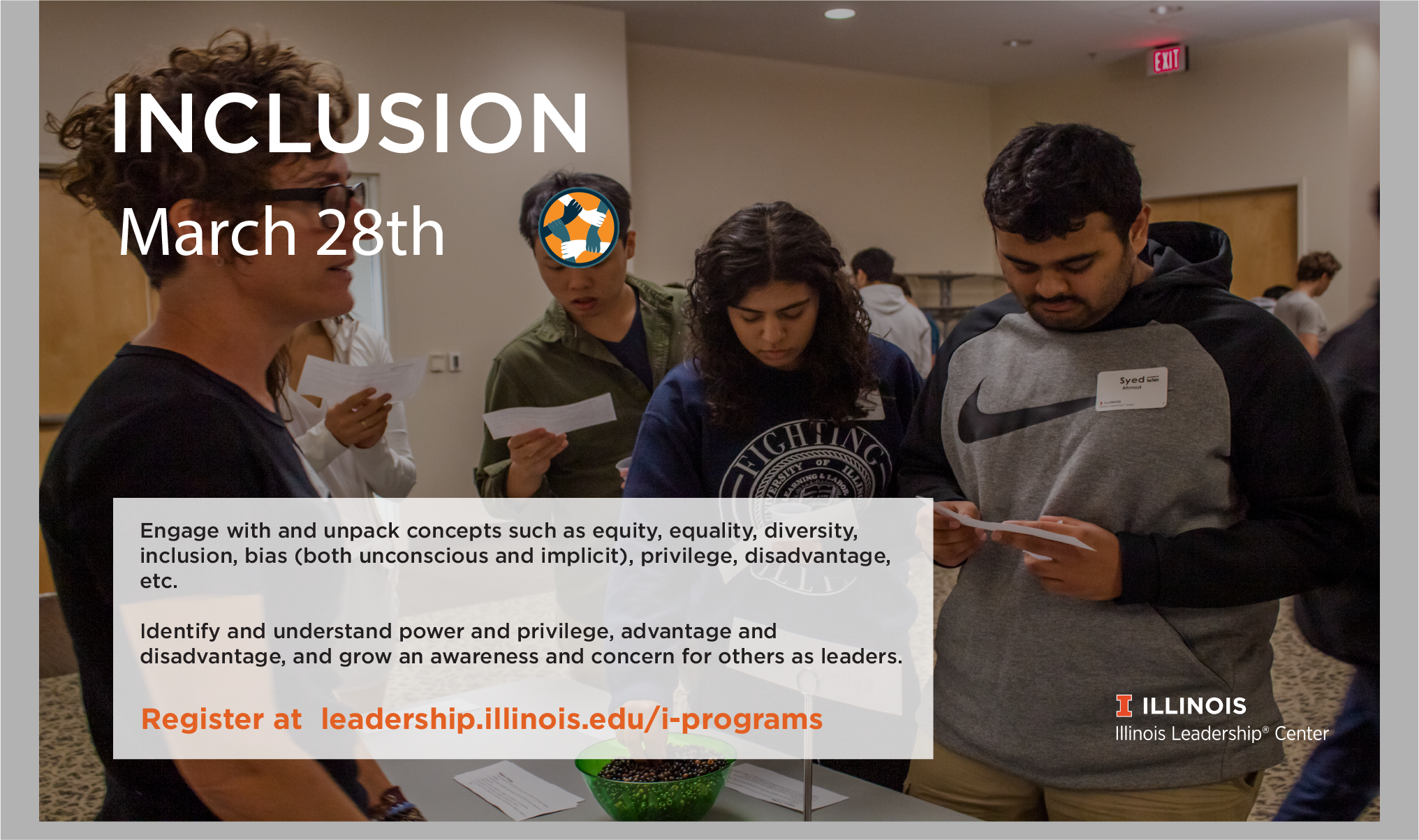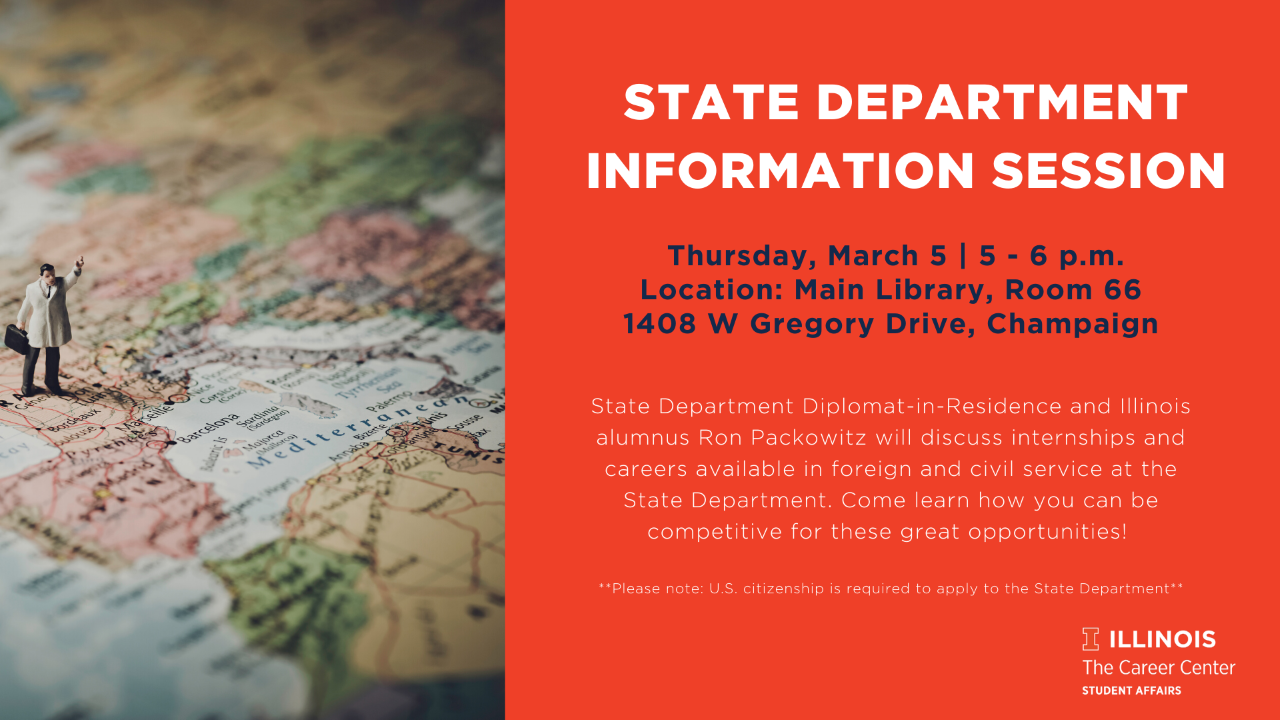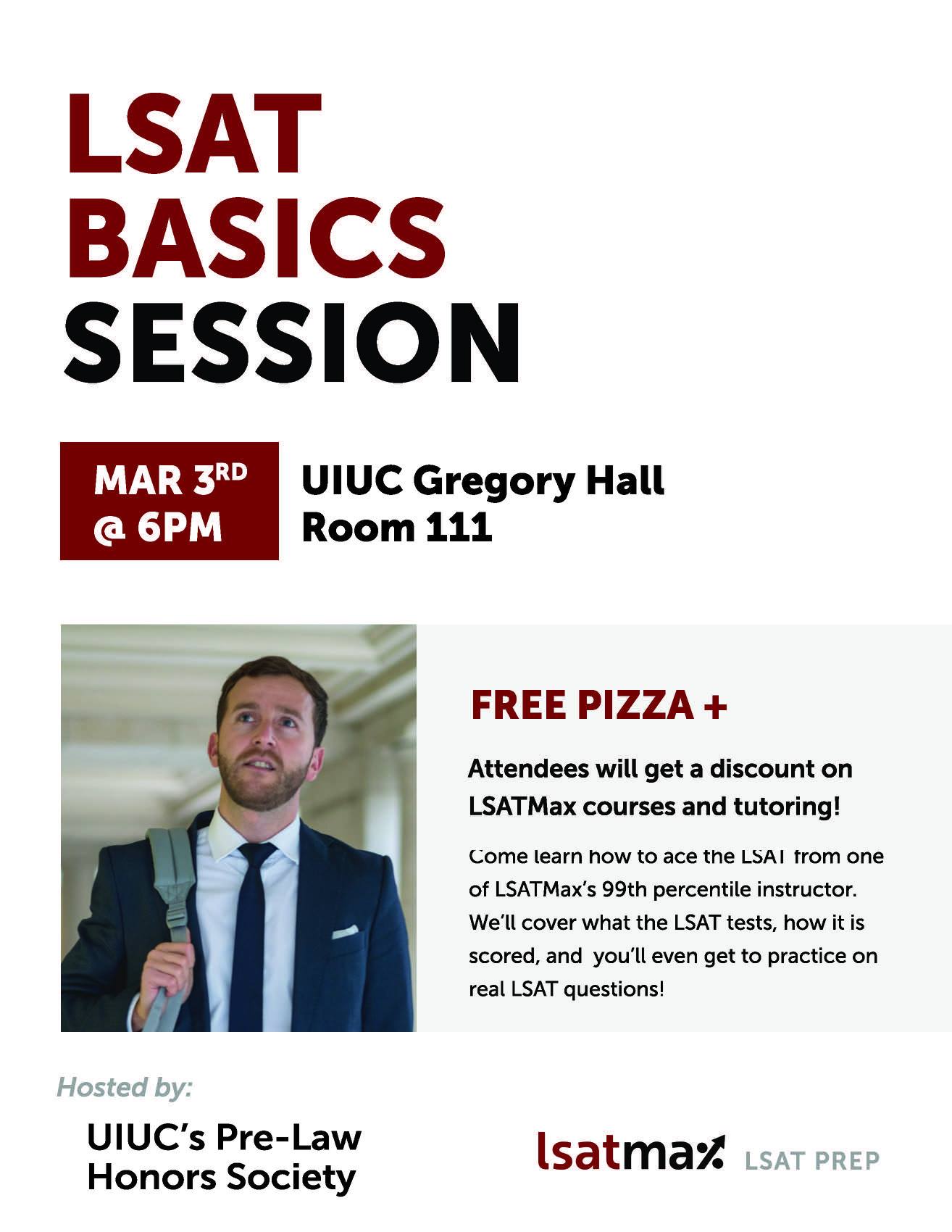Per the Office of the Registrar, the Fall 2020 time ticket release and registration schedule is as follows:
Summer/Fall 2020 registration has been delayed by two weeks. Time tickets will be available to be viewed on April 6.
Priority registration begins April 20. Initial registration dates/times for fall will approximate what was previously in place in terms of spacing, with dates moved back by two weeks.
Registration is almost here, which means pre-law students are asking: What courses should I take? As you know, students in ANY major can attend law school, and there are NO specifically required courses for pre-law undergrads. Law schools do not require any particular major or coursework. However, given an interest in law, here are some fall courses that pre-law students may find particularly helpful and interesting. These courses are only suggestions and are NOT requirements. For some additional information about course planning, go here to check out an earlier blog post with some good tips about planning your schedule.
CHART FORMAT: Want to see these suggestions in a handy chart format? Click here: Fall 2020 Class Chart
Some of these courses have prerequisites; check Course Explorer and speak to your academic advisor about the best courses for you.
ACE 240: Personal Financial Planning. Understanding financial instruments, records, and tax implications is critical for nearly all lawyers.
ACE 306: Food Law. Explores the legal and political dimensions of food law, policy and trad in the United States and major trading partners.
ACE 406: Environmental Law. Examination of environmental law issues, including pollution control, the role of administrative agencies and courts, and federal and state power.
ADV 310: Intro to Public Relations Introduces the student to the practice and profession of public relations. Course material covers topics such as the history of public relations, the role of law and ethics in public relations, and theories that guide public relations research and practice.
AIS 214/PS 214: American Indian Law and Politics. Examines the role of American Indians and Indian law in the US political system.
ANTH 246: Forensic Science. History and theory underlying methods used in forensic science. Topics include the courtroom, the units of a crime laboratory and the analysis of evidence collected from a crime scene, such as blood, fibers, hair and fingerprints.
BTW 263: Writing in the Disciplines teaches very practical writing skills for aspiring professionals. This spring’s topic is Cross-Cultural Communication.
BTW 271: Persuasive Writing examines persuasive writing in a variety of contexts including ads, argumentative essays, proposals, and campaigns.
CHLH Community Health 101: Introduction to Public Health and 210: Community Health Organizations are both good options for those interested in pursuing healthcare law.
Communication courses are helpful, as all lawyers must demonstrate strong oral and written communication skills. Here are some examples of helpful courses:
- CMN 101: Public Speaking (this is a prereq for most upper level CMN courses)
- CMN 211: Business Communication
- CMN 220: Communicating Public Policy
- CMN 230: Intro to Interpersonal Communication
- CMN 232: Intro to Intercultural Communication
- CMN 260: Intro to Health Communication (for those interested in healthcare law)
- CMN 323: Argumentation
ECON 484: Law and Economics Applications of economic theory to problems and issues in both civil and criminal law and the effect of legal rules on the allocation of resources; includes property rights, liability and negligence assignment, the use of administrative and common law to mitigate market failure, and the logic of private versus public law enforcement.
EDUC 202: Social Justice, School, and Society Examines the nature of justice and the dynamics of a pluralistic society to derive a conception of social justice.
ENGL 360: Environmental Writing for students interested in environmental law. Write about food, water, and energy resource systems. Students will also have the opportunity to meet working journalists and to practice professional skills like interviewing, conducting historical research, and drafting pitch letters.
ESE 210: Social & Environmental Issues for those interested in environmental law. Same as GEOG 210.
FIN 241: Fundamentals of Real Estate. A survey of real estate finance, appraisal, investment, law, brokerage, management, development and economics. Special attention is given to the analysis of aggregate real estate and mortgage markets, to the individual transactions within these markets, and to the legal and institutional factors which affect these markets.
FSHN 101: Intro to Food Science & Human Nutrition for those interested in food regulation or public policy related to food or nutrition. Discusses the evolution of the food system to meet the needs and desires of a complex, heterogeneous society. Provides an overview of food in relation to nutrition and health, composition and chemistry, microbiology, safety, processing, preservation, laws and regulations, quality, and the consumer.
GEOG 101: Global Development & Environment and GEOG 210: Social & Environmental Issues for those interested in international or environmental law and public policy.
GLBL 260: Global Human Rights Examines how ideas about human rights are defined and how they are differentially deployed. Looks at human rights claims and crises, and examines how governmental and non-governmental individuals and organizations have sought to deal with human rights violations in order to address problems of justice, retribution, and reconciliation at personal, national, and international levels.
HDFS 120: Intro to Family Studies and SOCW 200: Intro to Social Work. Both of these courses may be of interest to students who want to be advocates for families, juveniles, the elderly, or other vulnerable populations.
HIST 281: Constructing Race in America. Interdisciplinary examination of the historical, cultural, and social dimensions of race and ethnicity in the United States. Explores the complex and intricate pursuit of multiracial and multicultural democracy.
INFO 303: Writing Across Media, a skill that all legal careers integrate and value.
JOUR 311: Media Law. Detailed analysis of the theories of freedom of expression, the legal doctrines of greatest concern to mass communicators, and contemporary issues related to free speech and press, including libel, copyright, and news-gathering in a digital age.
LER 100: Intro to Labor Studies for those interested in corporate or employment law. Looks at economic, political, and workplace issues facing working people, why and how workers join unions, how unions are structured and function, and how unions and management bargain a contract. Provides a historical overview of the American labor movement, and discusses the contemporary struggles workers and unions face in a rapidly changing global economy.
LER 120: Contemporary Labor Problems for those interested in corporate or employment law. Focuses on problems and challenges facing American workers and the U.S. labor movement. Topics include the deterioration of the labor-management “social contract” in recent decades; a review of labor and employment law; the health care crisis; globalization and cross-border union alliances; and union democracy.
LER 320: Gender, Race, Class and Work. Provides a historical and contemporary overview of the impact and interplay of gender, race, class and other issues of identity in the workplace. Topics include: pay gap, workplace harassment and employment discrimination laws.
LLS 468: Latinas/os & the Law. Examines the Latina/Latino experience in the U.S. Students will come to understand that the law is a deeply contested social space that is central to U.S. hierarchies based upon race, ethnicity, sexuality, gender, class, immigration status, and religion.
NRES courses that can be helpful for students interested in pursuing environmental law include:
NRES 102: Intro to Natural Resources and Environmental Science
NRES 224: Social Justice and Environment and Society
PHIL 102/103: Logic & Reasoning. Especially helpful for students who have yet to take the LSAT, as two sections of the LSAT are based on logical and analytical reasoning.
PHIL 104/105: Intro to Ethics. Basic exploration of ethics, including the relationship between social morality and the law.
PHIL 107: Intro to Political Philosophy. Introduction to core ideas in political and legal philosophy, for example, rights, equality, political obligations, legitimacy of states, nationalism, and oppression.
PHIL 436: Philosophy of Law and of the State. Examination of issues in the philosophy of law, such as the nature of law, law and morality, justice, liberty and authority, punishment, and legal responsibility. Prerequisite: One course in philosophy.
Political Science options to gain a foundational understanding of our legal system and its role within broader political structures include the following. Review course restrictions for prerequisites.
- PS 220: Intro to Public Policy
- PS 280: Intro to International Relations
- PS 301: US Constitution I
- PS 313: Congress and Foreign Policy
- PS 329: Immigration & Citizenship
PS 491: Internship with the Champaign County Public Defender’s Office. Note: Due to circumstances surrounding COVID-19 and the policy of social distancing, the plan is to go through the selection process for this internship in mid May, after students have completed their registration, in the event that the internship is not available next semester.
Are you interested in how criminal courts work? Would you like to see an arraignment, a motion hearing, or a real criminal trial? Want to meet with Public Defender clients and help an attorney prepare cases for court? The Department of Political Science and the Champaign County Public Defender’s Office will offer an internship for academic credit in Spring, 2020. In this internship, students will earn 3 hours of credit for their work in the Public Defender’s Office combined with a series of structured academic assignments requiring integration of internship experiences with readings on the political systems, the legal system and constitutional and human rights. This class requires one hour of class time per week, and about six hours per week of work at the internship site. Admission is competitive: We expect to have five openings for Fall of 2020.
To apply: No date has been set but will be after students have completed their Fall 2020 registration. Please keep checking back for information. Students seeking to participate in the Public Defender Internship Program must submit an application online. The online link to the application will be available in early May. PLAS will update students with that info as it is made available. The application consists of a cover letter, informal transcript, resume and writing sample. All of those materials will be reviewed for a decision on acceptance into the program by the departmental internship committee. At a minimum, students seeking to participate in this program need (1) to have completed 45 credit hours by Fall, 2020 (2) with at least one year of residence on this campus and (3) to have earned a cumulative UIUC grade point average of 3.0 or higher. They must (4) have completed PS 101: U.S. Government & Politics and (5) have no arrests or criminal convictions – as an adult or juvenile – or serious campus disciplinary violations involving campus or local law enforcement.
PSYCH 144: Stereotypes, Prejudice & Discrimination
Sociology has a Criminology, Law and Society minor. These courses may be helpful for students exploring criminal legal issues and the criminal justice system on a societal level, such as:
- SOC 275: Criminology
- SOC 378: Sociology of Law
- SOC 479: Law and Society
UP 160: Race, Social Justice, and Cities. Explore everyday racial conflicts in selected cities as expressions of historical struggles for social and spatial justice, across multiple scales. Focus on the governance of routine social practices ranging from policing, to education, to gentrification and memorialization in public places.
More courses to explore different areas of law include the following. Some have restrictions; check Course Explorer.
- ACE 403: Agricultural Law
- GEOG 210: Social & Environmental Issues
- RST 354: Legal Aspects of Sport
- SE 400 Engineering Law (only pre-req is RHET 105 but preference is given to students in the College of Engineering with leftover seats released after a restricted period)
Business classes can provide a helpful foundation for those interested in corporate careers, however, most are restricted to College of Business majors or minors. Some courses will release any leftover seats after a restricted period; check Course Explorer for more details.
- BADM 300 Legal Environment of Business
- BADM 314 Leading Negotiations
- BADM 340: Ethical Dilemmas of Business
- BADM 380: International Business
- BADM 403: Corporate & Commercial Law
Remember that these are only suggestions and that people come to law school from a variety of academic disciplines. This is not intended to be an exhaustive list. Courses get added all the time, and many are added after we publish this list. Many other great courses can be found in Course Explorer, some of which have prerequisites. Do additional research and talk with your academic advisor to identify other good options for you.



